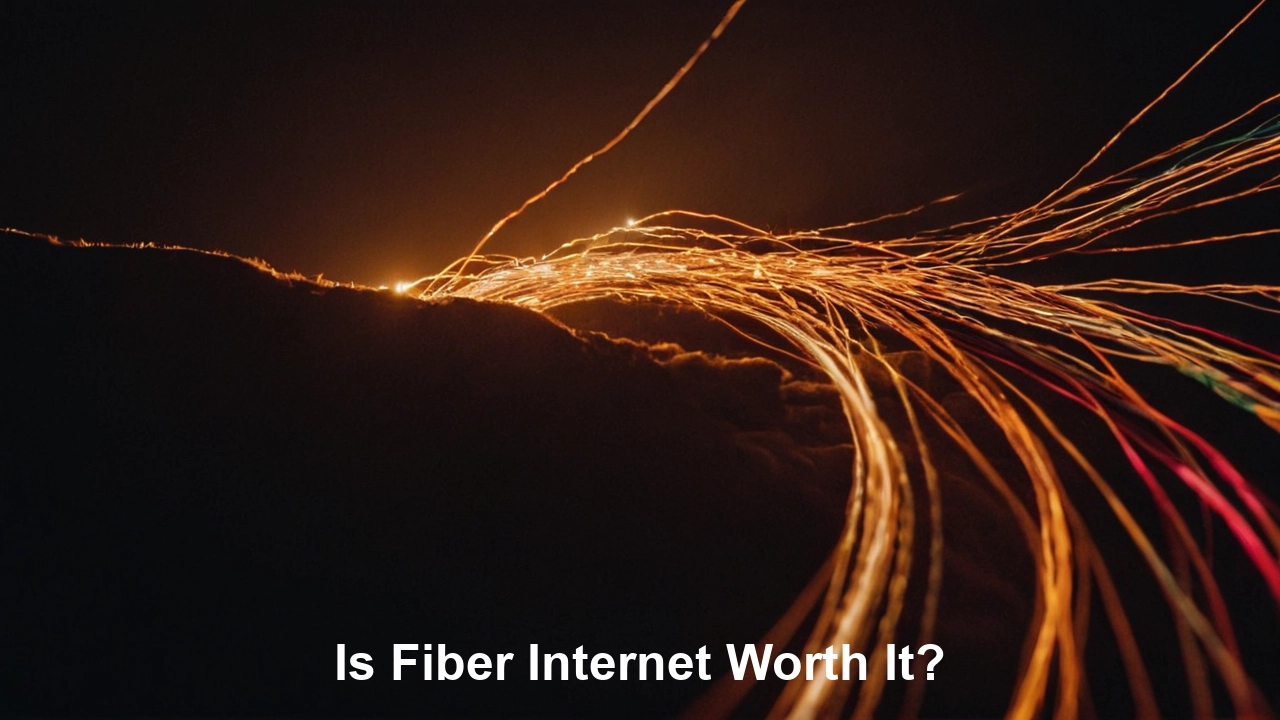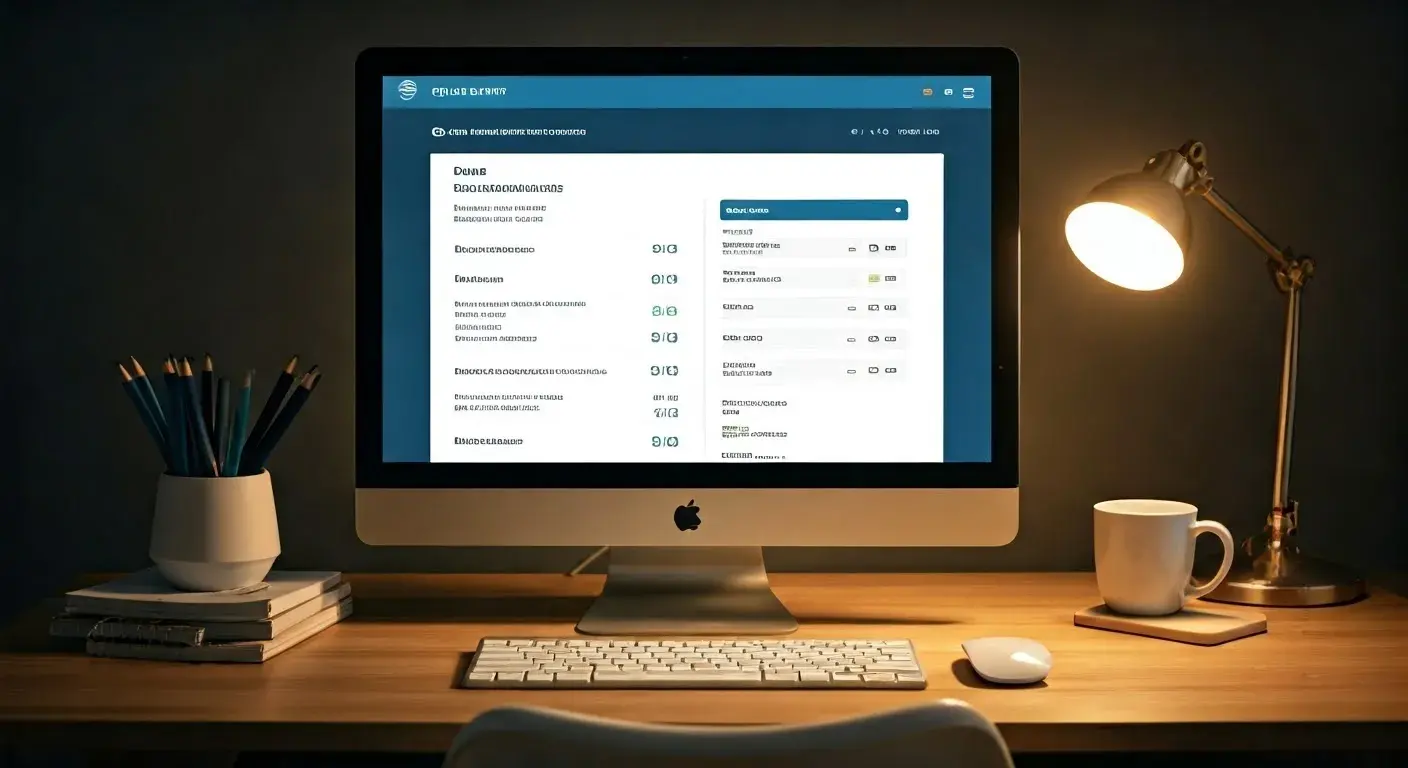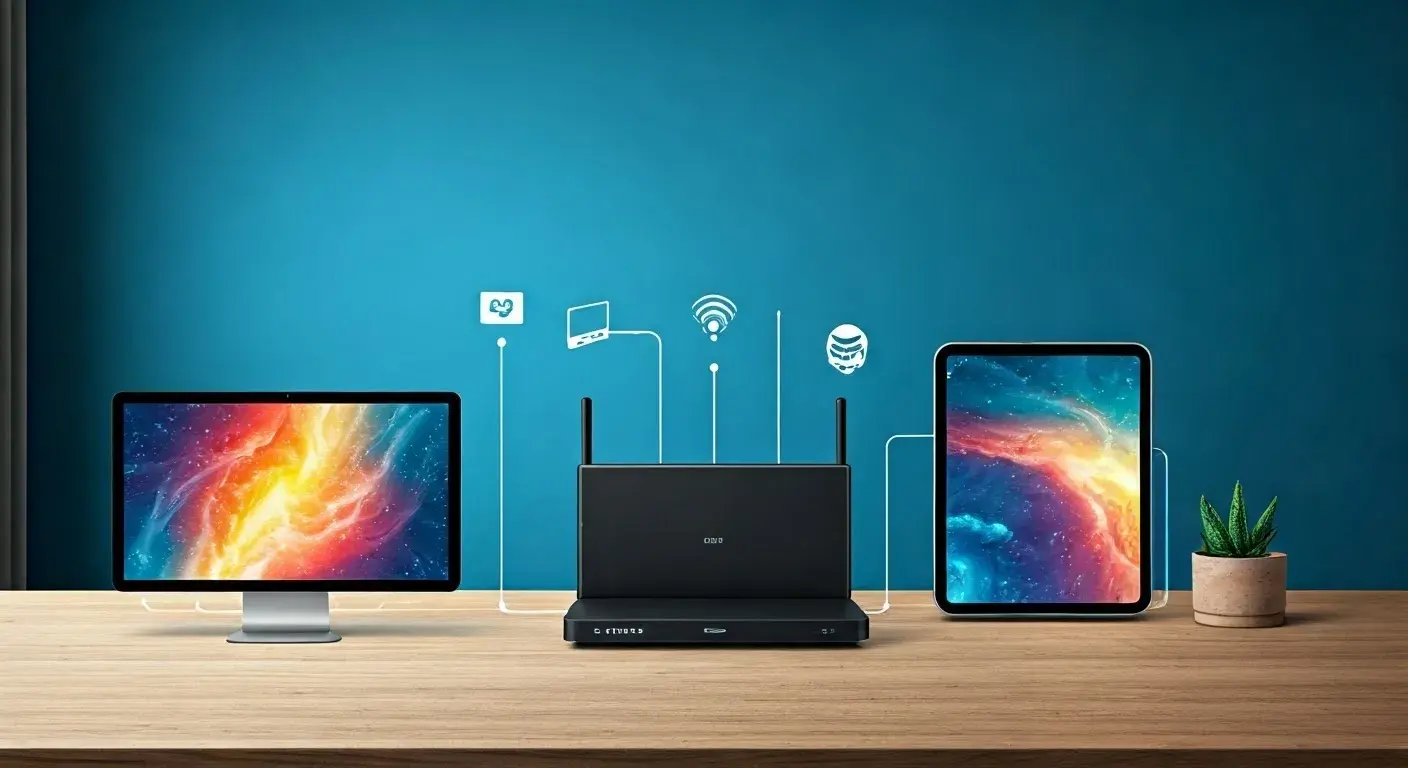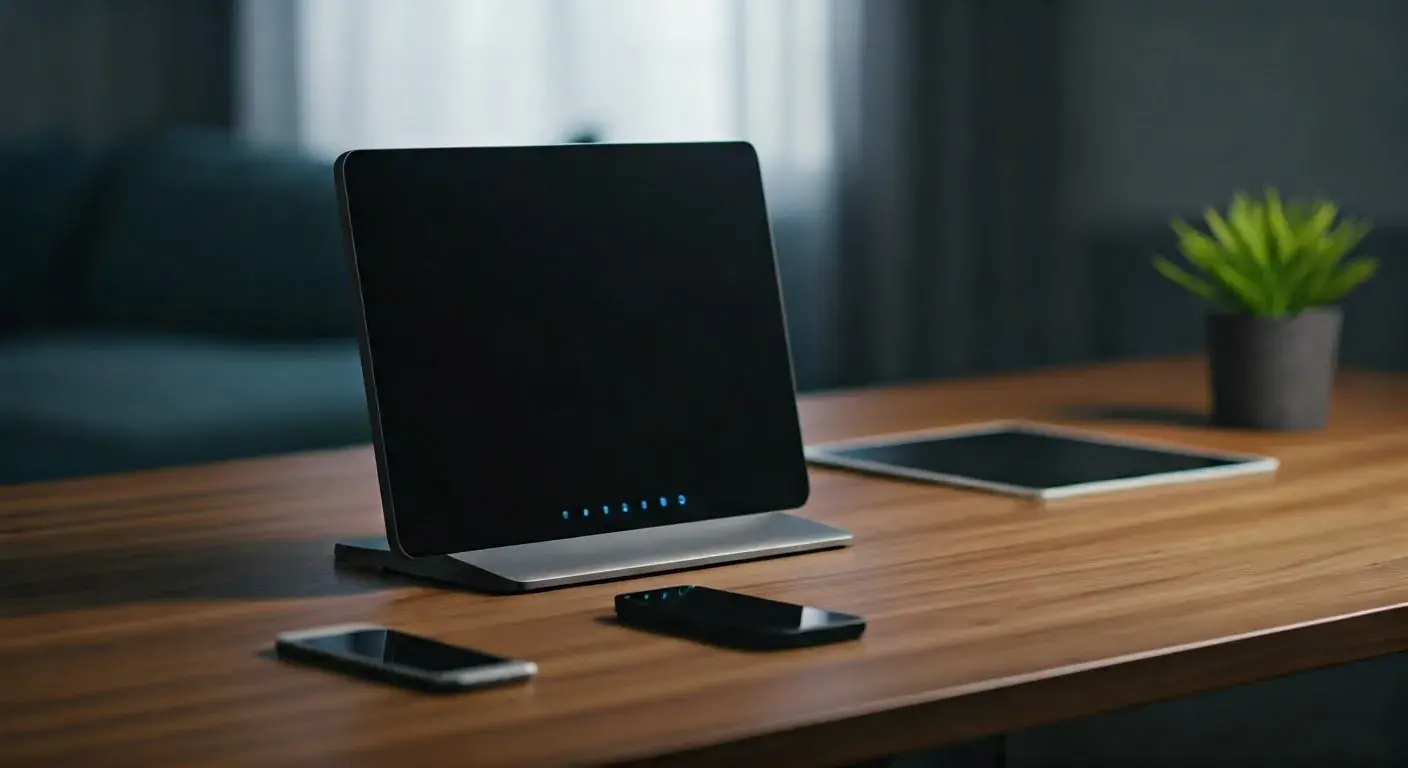Is fiber internet worth it?

Obtaining faster internet speed in the house sounds so enticing today given that we watch more videos, play online games, and many gadgets are connected to our home networks. Fiber internet service has unique advantages in terms of speed; however, should one pay a premium for the fiber connection? As promising as fiber is to homes, there are several factors that one needs to think through before choosing it.
What is Fiber Internet?
Fiber optic internet transmits data through strands of fibers, these could be of glass or plastic. It employs light pulses to transfer data instead of electric signals in the case of wired connections, and as such it offers higher speeds and enhanced bandwidth. Fiber internet has high speed and download and upload speeds are the same unlike in other internet connections.
Fiber Speeds Compared to the Cable Internet
Fiber internet has its biggest advantage in speed with the potential to reach up to 1 Gb per second. Fiber has the advantage of easily surpassing the average cable internet speeds which are normally within 25-100 Mbps download speed but with much lower upload speeds. Fiber can handle many users or devices connecting to the internet at once and would not lag. Currently, the fastest cable internet plans still lag far behind the kind of speeds that fiber delivers to most subscribers regularly.
It is also essential to note that AT&T Fiber Internet also has a very low latency, which implies that data needs a shorter time to travel back and forth. This leads to near real-time responsiveness which is suitable for use in video conference calls, online gaming, and streaming. Cable simply cannot compete with a fiber and the stability and reliability of it for a connection.
Fiber broadband is now available in many households, but is it accessible in your neighborhood?
Another limitation is that fiber internet is not yet as accessible to homes and businesses as much as the cable internet service. While Verizon FIOS, AT&T Fiber, and some other providers do have fiber networks in some locations, it’s still a relatively limited offering at this time, with fiber available mainly in more urbanized locations and neighborhoods. Not every location is within the fiber optic infrastructure range which is needed to provide the service.
Feature comparison of fibers and cables
In addition, fiber internet is relatively expensive compared to cable, whereby the monthly subscription fees are usually higher. As noted, pricing is not standard, but customers can be ready to pay $20 to 50 per month for fiber speeds of between 500 Mbps and 1Gig. Every cable provider offers 200-400 Mbps for $50-100, but the actual download speed can vary. Some cable providers are also introducing gigabit tiers with, larger data allowances to overcome some of the advantages of fiber internet plans.
Fiber service upgrades should make most households with Multiple connected devices a worthy investment if the service is available. However, if you reside in a single household or do not require much internet at home, besides using the internet for browsing websites and streaming services, then paying double for fiber may not be very practical. In those cases, basic cable connections of up to 400 Mbps are usually enough.
In the future, Internet Providers understand that clients expect improved speed and performance. Only fiber optics are the key to expanding the broadband requirements in the years to come. There is still potential for growth, but in comparison, fiber internet is superior and a perfect option if the service is accessible in Your area. Phone Providers to discuss the possibility of applying to have your home measured and to find out what type of rates may be available.
Upgrade to faster, more reliable AT&T Fiber Internet today! Call us at +1 844-905-5002 and get connected with speeds that keep you ahead.





